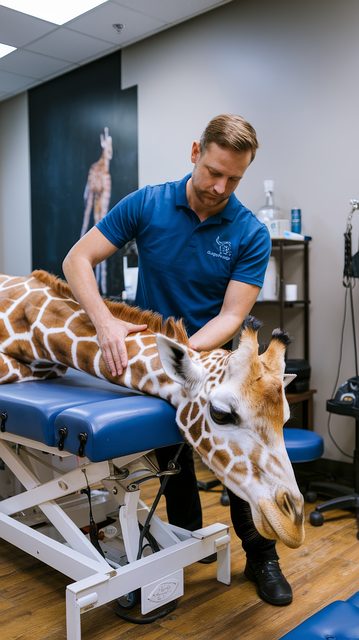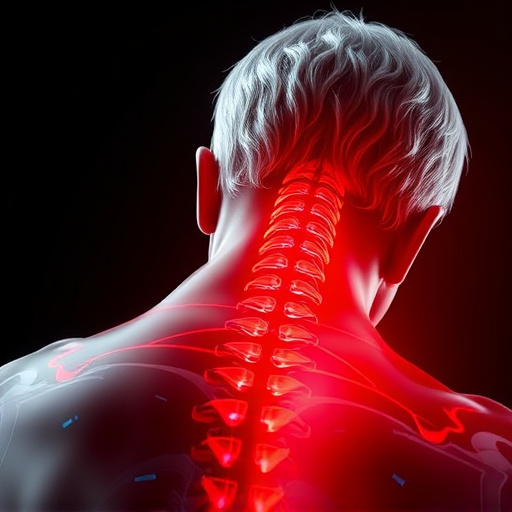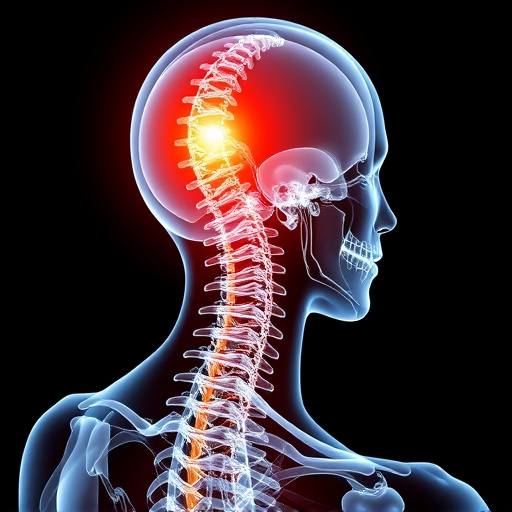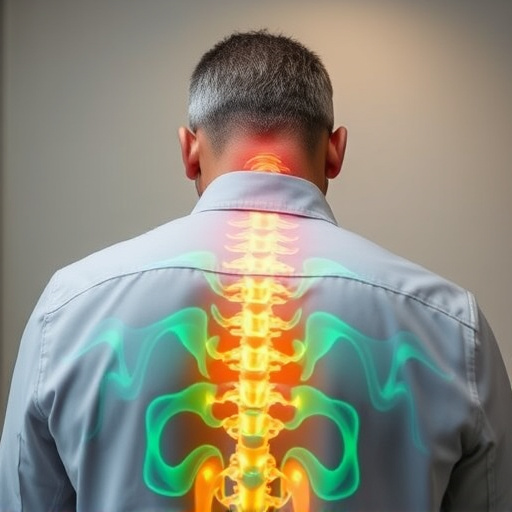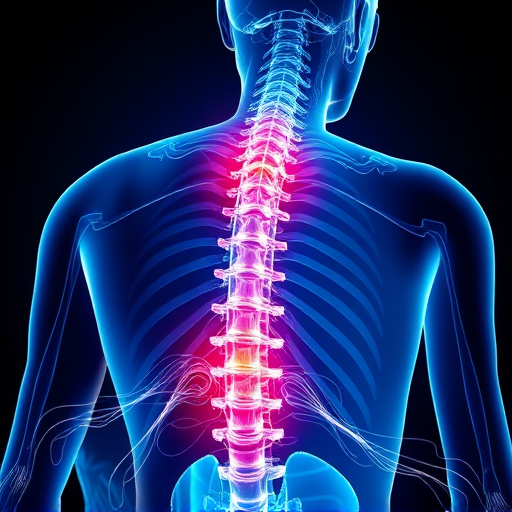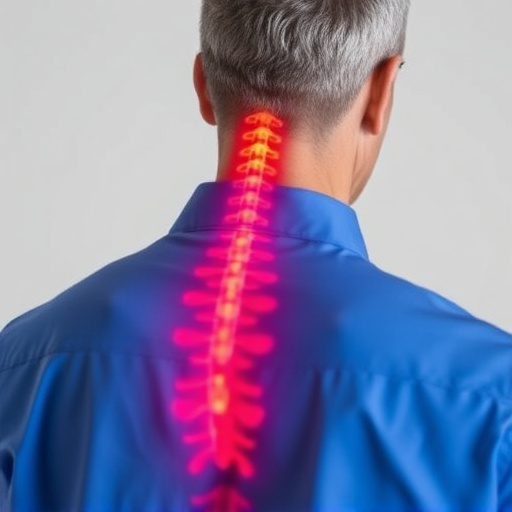Workers compensation insurance provides vital support for employees with work-related injuries, focusing on workers compensation injury care. This structured system offers tailored interventions like physical therapy and medication management to alleviate pain, restore function, and help individuals regain pre-injury capabilities. Early intervention is key, minimizing recovery time and employee absence. Comprehensive pain management involves a multi-faceted approach including medical treatments, therapeutic techniques, and lifestyle modifications. Rehabilitative therapy plays a crucial role in restoring function and facilitating a safe return to work. Specialized services and customized return-to-work plans help employees heal and reintegrate seamlessly into their careers.
In today’s dynamic work environment, comprehensive accident and pain management services are indispensable for organizations aiming to support employees and mitigate the impact of workplace injuries. This article delves into various facets of workers’ compensation injury care, exploring how strategic interventions can enhance healing and expedite returns to the workforce. From understanding the intricacies of workers’ compensation to implementing effective pain management strategies, each section guides readers through essential practices for fostering a supportive and inclusive recovery journey.
- Understanding Workers' Compensation Injury Care
- The Scope of Accident and Pain Management Services
- Early Intervention and Its Benefits in Workplace Injuries
- Comprehensive Pain Management Strategies
- Rehabilitative Therapy and Return to Work Programs
- Supporting Employees Through the Entire Healing Process
Understanding Workers' Compensation Injury Care

When an employee sustains an injury on the job, accessing appropriate and comprehensive care is essential for their recovery and return to work. Workers’ compensation insurance plays a pivotal role in facilitating this process, ensuring that injured workers receive necessary medical treatment and support. This structured system, known as workers compensation injury care, focuses on managing pain, restoring function, and helping individuals regain their pre-injury capabilities.
The goal of workers compensation injury care is to provide timely interventions, including physical therapy, medication management, and specialized treatments, tailored to the specific work-related injury. It involves a collaborative effort between healthcare professionals, employers, and insurance providers to ensure that workers receive quality care while minimizing the impact of their injury on their employment prospects.
The Scope of Accident and Pain Management Services

Accident and pain management services encompass a wide range of specialized care designed to support individuals recovering from work-related injuries or other traumatic events. This includes comprehensive treatments aimed at alleviating physical pain, restoring functions lost due to injury, and helping patients regain their independence. The scope of these services is vast, covering everything from initial assessment and diagnosis to ongoing rehabilitation and reintegration into the workforce.
For workers compensation injury care, these services play a pivotal role in ensuring employees receive the best possible support during their recovery journey. This involves personalized treatment plans tailored to each patient’s unique needs, utilizing advanced therapies and techniques such as physical therapy, occupational therapy, medication management, and mental health counseling. The ultimate goal is not just to manage pain but to enable individuals to return to their jobs or daily activities as swiftly and safely as possible.
Early Intervention and Its Benefits in Workplace Injuries
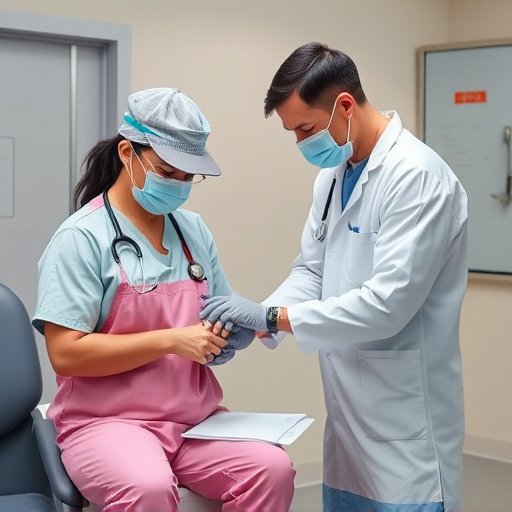
Early intervention plays a pivotal role in managing workplace injuries effectively and ensuring optimal recovery for employees. When an injury occurs, immediate attention can significantly impact the long-term outcomes for workers compensation claims. The benefits are manifold; early treatment not only reduces the severity of pain and physical limitations but also accelerates the healing process. This is crucial as it minimizes time away from work, which is beneficial for both employees and employers in terms of productivity and financial stability.
Moreover, prompt intervention allows for a more precise diagnosis, enabling access to specialized care tailored to the specific injury. This can include advanced treatments, rehabilitation programs, and pain management strategies, all designed to restore function and improve overall quality of life. By addressing workplace injuries early, organizations can foster a culture of employee wellness, reduce costs associated with prolonged absences, and create a safer work environment.
Comprehensive Pain Management Strategies
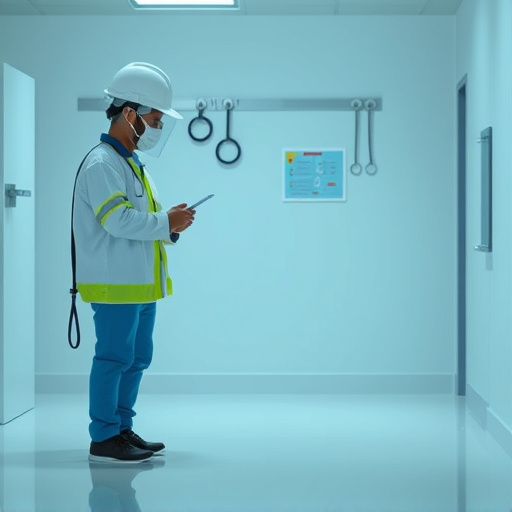
Comprehensive pain management involves a multi-faceted approach tailored to address the unique needs of each patient, especially those with work-related injuries covered under workers compensation. This strategy often includes a combination of medical interventions, therapeutic techniques, and lifestyle modifications. For instance, specialized clinics offer physical therapy, occupational therapy, and mental health services all under one roof to holistically treat work-related injuries.
The process begins with an in-depth assessment to identify the root causes of pain, followed by personalized treatment plans. This might include medication management for acute or chronic pain, interventional procedures like nerve blocks or spinal injections, and complementary therapies such as acupuncture or chiropractic care. Additionally, patients are educated on injury prevention, ergonomy, and self-care strategies to expedite recovery and prevent future injuries, ensuring a seamless transition back to work with appropriate workers compensation injury care.
Rehabilitative Therapy and Return to Work Programs

Rehabilitative therapy plays a pivotal role in comprehensive accident and pain management services, especially for individuals navigating workers’ compensation injuries. This tailored approach focuses on restoring function, reducing pain, and enabling a safe return to work. Skilled therapists design personalized treatment plans incorporating various modalities such as physical therapy, occupational therapy, and cognitive-behavioral techniques. These methods collectively aim to improve mobility, strengthen muscles, and enhance overall workplace performance.
Through progressive rehabilitation, individuals gain the skills needed to manage their conditions effectively. Return-to-work programs complement this process by offering gradual reintegration into professional settings, ensuring a smooth transition while adhering to workers’ compensation guidelines. Such programs consider unique job requirements and modify tasks or environments as necessary to accommodate recovery, fostering a supportive environment that promotes long-term wellness and productivity.
Supporting Employees Through the Entire Healing Process

At our comprehensive accident and pain management center, we understand that supporting employees through their healing journey is paramount. When an employee sustains a workers’ compensation injury, we go above and beyond to provide exceptional care throughout every stage of recovery. Our dedicated team offers specialized services tailored to address physical and emotional needs, ensuring a smooth transition back to work when ready.
From initial assessment and diagnosis to ongoing rehabilitation and return-to-work planning, our specialists are committed to guiding employees every step of the way. We coordinate with employers to create customized plans, considering unique job requirements for a successful reintegration process. Through this holistic approach, we aim to minimize disruption to their careers and promote a swift and safe return to productivity.






